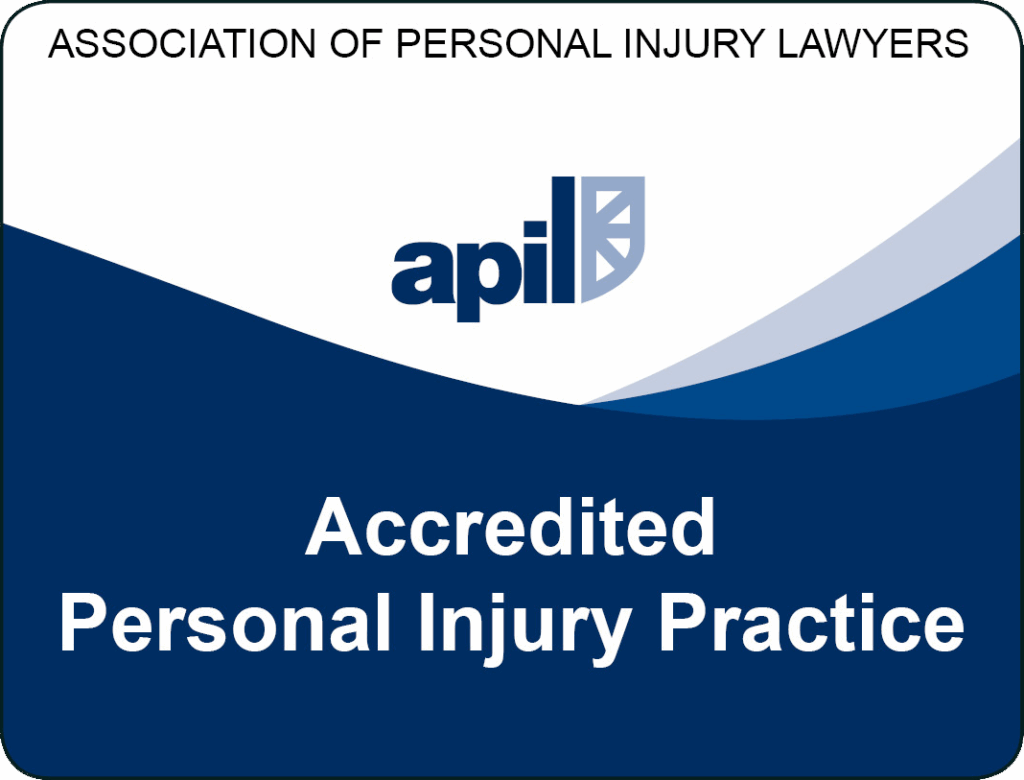Post-traumatic stress disorder (PTSD) is an anxiety disorder caused by very stressful, frightening or distressing events.
PTSD or Post-traumatic stress disorder is a specific diagnosis of a psychiatric disorder after experiencing a seriously upsetting or stressful event that creates psychological trauma. PTSD can be caused due to several reasons whether from having a serious accident or even witnessing one. Emergency services, for example, have an increased likelihood of being exposed to a traumatic experience that can lead to the condition.
The symptoms of PTSD vary widely and the severity of them differs from case to case. Two people may witness the same traumatic event, however, one may experience completely different symptoms to the other.
Some of the more common symptoms of PTSD are:
Many people who file a PTSD compensation claim have had their lives completely disrupted by the condition. The impact of PTSD and other psychological injuries should not be underestimated as this can impact family life, social and recreational participation, work and day-to-day living. Psychological injury can also affect an individual’s ability to do their job and lead to financial loss.
Following a diagnosis from a GP or a Consultant Psychiatrist, compensation for PTSD will consider the effect the condition has had on your life and ability to cope with work and family, as well as the predicted success of treatment, future vulnerability and prognosis. It can also be used to pay for treatments that may not be available to you on the NHS.
There are many different causes that lead to PTSD compensation claims. Post-traumatic stress disorder can be caused by one single event or a series of recurring events.
These include:
The last two examples are often called secondary victim claim and there are special rules relating to these cases which seek to restrict the number of people who can make such claims. It is necessary to look at issues such as whether the incident was witnessed in person, how far away was it and what was the relationship between the victims. Other examples will include specific categories such as rescuers. Secondary victim claims are often resisted by insurance companies and so specialist advice in what can be a complicated area of law is essential.
If you have been diagnosed with PTSD which was caused due to no fault of your own, you can start a compensation claim. Our experienced personal injury solicitors will make the entire process as simple and straightforward as they possibly can. If you would like to discuss a PTSD compensation claim on a No Win No Fee basis with a personal injury solicitor, please contact us today.
Understanding personal injury solicitors can be the first step toward getting the support you need after a traumatic experience. At Hatch Brenner, our experienced solicitors in Norwich handle PTSD claims with sensitivity and professionalism, helping local individuals and families secure compensation for the emotional and psychological toll of trauma. We are here to provide legal clarity during times of distress and ensure your voice is heard.

Colin Cook, Partner and specialist Personal Injury Solicitor at Hatch Brenner, has extensive experience in dealing with PTSD and secondary victim claims for personal injury clients, securing the compensation they are entitled to. Visit Colin’s profile to read more about his experience and past cases.

Sara Westwood, Partner and Medical Negligence Expert at Hatch Brenner deals with all types of claim whether valued at £2,000.00 or £2,000,000.00 plus and has considerable experience in medical negligence PTSD and secondary victim claims.





